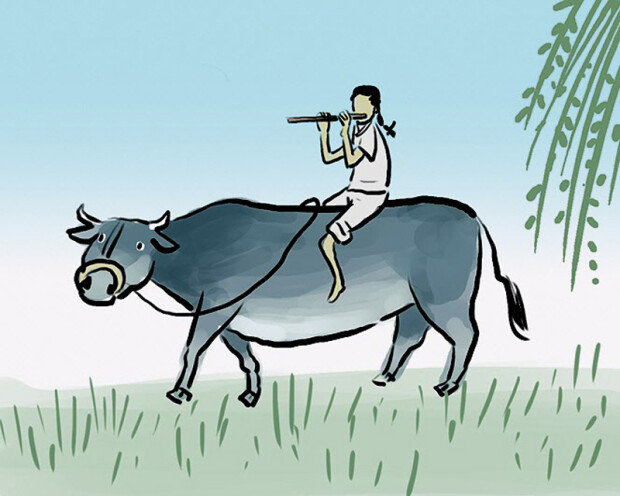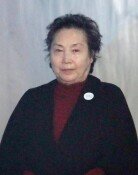Leisurely young poet
Leisurely young poet
Posted June. 09, 2023 08:25,
Updated June. 09, 2023 08:25

A shepherd boy passes a rural village playing the pipe on a cow - a pastoral scenery depicted in a peaceful landscape painting. Indeed, it is perpetually admired by those who wish to heal their fragile heart, which has been left devastated by their struggles in the heartless world. Such a peaceful scenery is described in various backdrops in many poems involving free souls who live a leisurely and reclusive life with everything else left behind; those who only chant empty slogans to save their face while seeking fame and wealth; and unlucky or incapable scholars who lament about being ostracized by the rest of the world.
As described in a regrettable line left by an unknown author saying, “Who would ever say no to fame and wealth? It is just that actions contradict words,” it was considered a taboo among scholars, who valued honor and cause high, to even think about fame and wealth. If it is conceded that pursuing practical interests is one of the universal human desires, it may cast some doubt on the lofty taste of scholars who apparently have yearnings for a comfortable and unselfish life.
This poem is known to have been created impromptu when the poet was only seven years old. It implies that a relaxed shepherd boy is a better person than any scholar living in Xian blinded by his own interests. However, his line of thinking sounds somehow unnatural for his age by which he has been left naïve apart from the outside world. It is more like a child masquerading as a world-weary grownup than a young soul unfolding imagination. However, this mature boy showing off his nobleness followed and was taught by Su Shi to become as successful as his mentor. That explains why he was called “Sū Huáng.”







